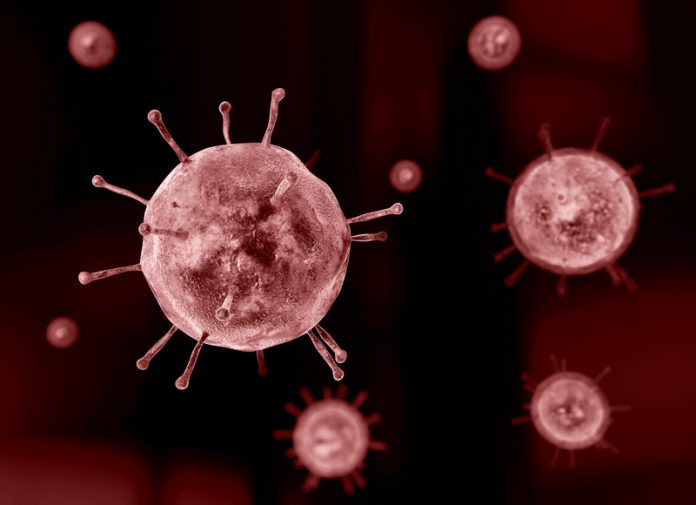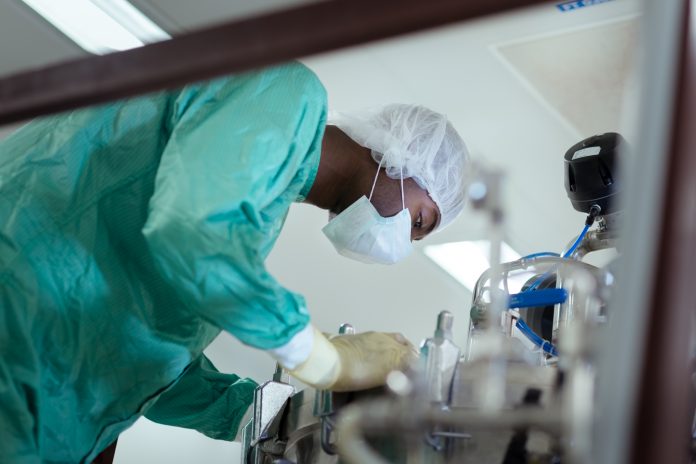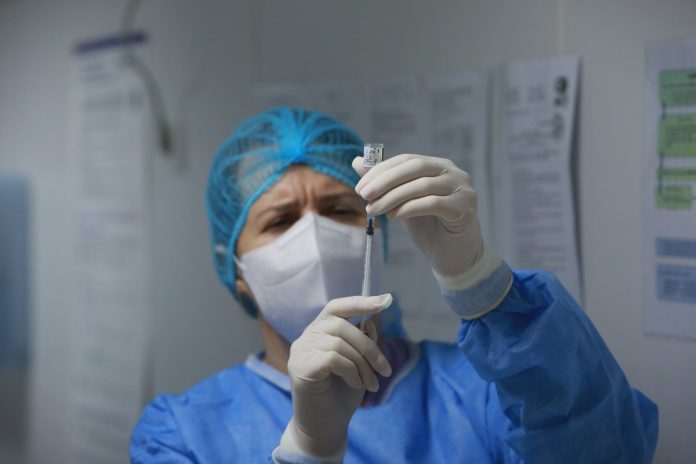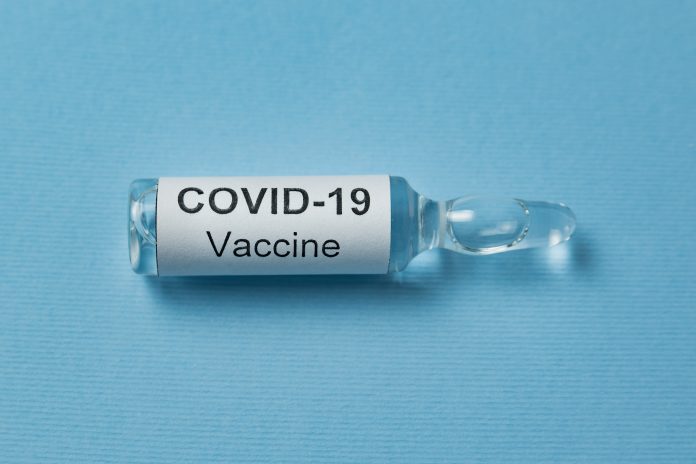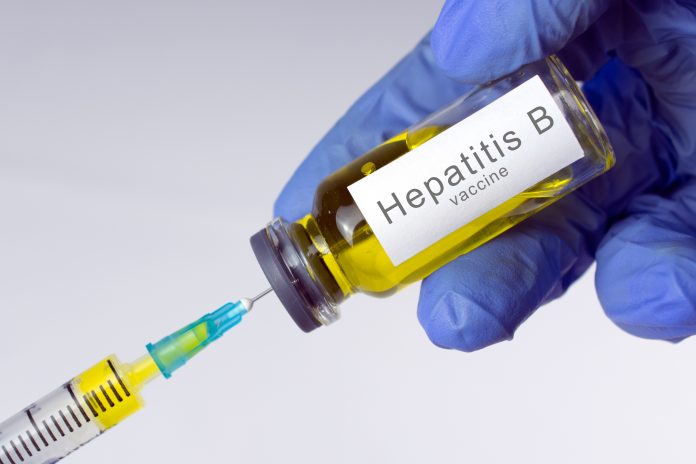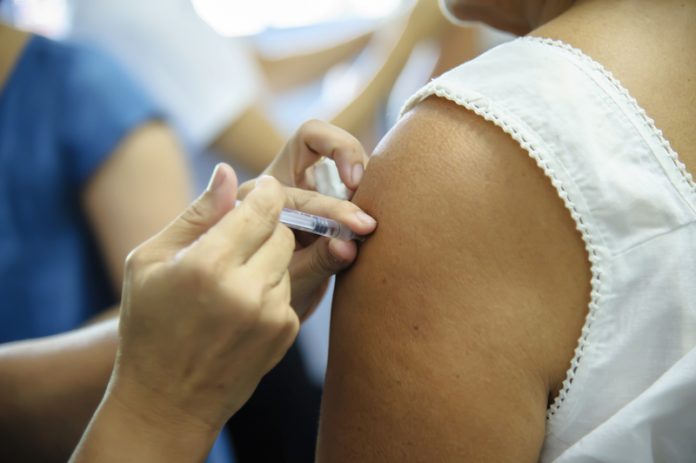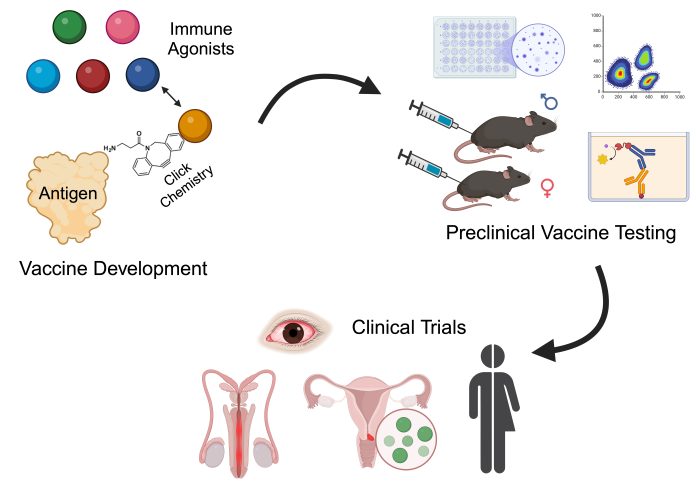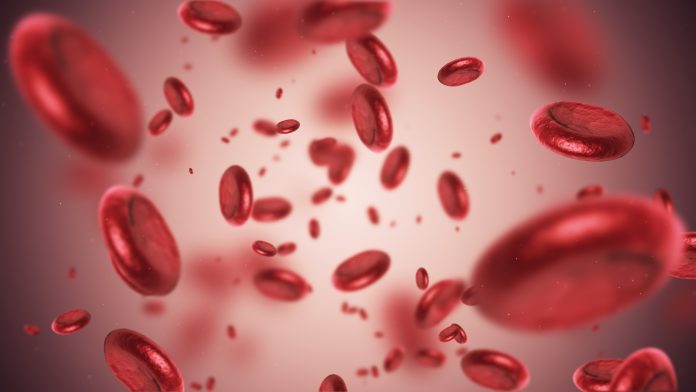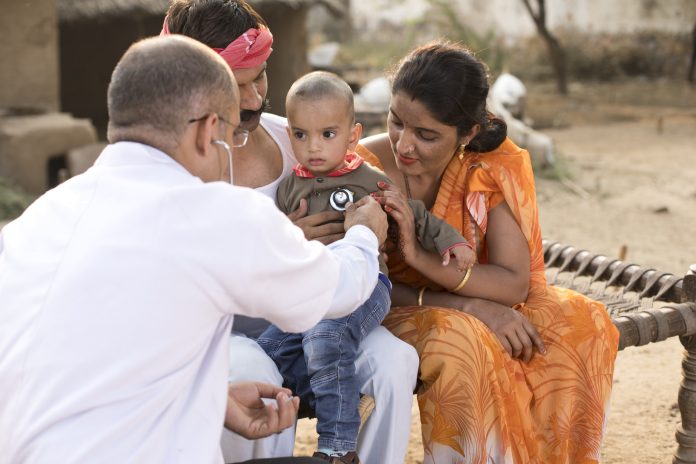Open Access Government produces compelling and informative news, publications, eBooks, and academic research articles for the public and private sector looking at health, diseases & conditions, workplace, research & innovation, digital transformation, government policy, environment, agriculture, energy, transport and more.
Home Search
infectious diseases - search results
If you're not happy with the results, please do another search
Health experts argue complacency increases the risk of infectious disease
Health professionals say a combination of antimicrobial resistance and complacency among other reasons are increasing the risk of infectious diseases.
Modernising health policy, building up knowledge and tackling preventable diseases
The work of Vytenis Andriukaitis, European Commissioner for Health & Food Safety, with responsibility for modernising health policy, building up knowledge and tackling preventable diseases
Treatment of Clostridium difficile associated diseases: One not so small step more… but still,...
Prof Colin J Suckling from the University of Strathclyde provides his seasoned opinion on a front-runner antibiotic for the treatment of Clostridium difficile associated diseases.
Infectious disease is a global problem
Professor Colin J Suckling, Research Professor of Chemistry at the Department of Pure & Applied Chemistry, University of Strathclyde looks at how the recent EU Referendum could impact his institution and research.
Like many British academics, the result of the recent referendum on the UK’s place in Europe was a...
Preventing chronic diseases through lifestyle
Chronic diseases account for the vast majority of deaths in European countries. Cardiovascular disease accounts for about 40% of deaths, with about 15% of deaths from ischaemic heart disease, 10% from strokes, and 25% from cancer. If simple lifestyle changes could reduce the risk of chronic disease, people could...
A comprehensive approach to integrated one health surveillance and response
Surveillance data plays a crucial role in understanding and responding to emerging infectious diseases; here, we learn why adopting a One Health surveillance approach to EIDs can help to protect human, animal, and environmental health.
Potential cancer vaccine shows promise in animal trials
Investigators from the National Institute of Allergy and Infectious Diseases (NIAID) have announced an experimental therapeutic cancer vaccine.
Lessons from the mouse model of cutaneous leishmaniasis
Peter Bretscher, from the University of Saskatchewan looks at whether mouse models of cutaneous leishmaniasis are pertinent for vaccination against and treatment of AIDS, infectious diseases, and cancer.
Clinical trials begin for three mRNA HIV vaccines
The National Institute of Allergy and Infectious Diseases (NIAID) has launched Phase 1 clinical trials for three mRNA HIV vaccines.
Scientists say fully vaccinated people can transmit Delta variant
A UK study, published in The Lancet Infectious Diseases, found that fully vaccinated people can still catch and transmit the Delta variant of COVID.
Luke S. P. Moore – Healthcare Infection Society
Luke Moore is an Infectious Diseases Physician and Clinical Microbiologist in London with special interests in critical care infections, antimicrobial resistance, and healthcare systems.
Optimising infection control post-pandemic
Luke S. P. Moore, Infectious Diseases Physician and Clinical Microbiologist on behalf of the Healthcare Infection Society, directs our thoughts to optimising our control of infections and looks forward to the post-pandemic period.
Antimicrobial resistance (AMR): A global health concern
SACIDS Africa Centre of Excellence for Infectious Diseases trains young African scientists in research on global health issues: An example of a PhD Student Research on antimicrobial resistance (AMR).
Research finds hydroxychloroquine does not work against COVID-19
A study published in Clinical Infectious Diseases found that hydroxychloroquine did not work to protect healthcare professionals from COVID-19.
Multi-step regulation of hepatitis B virus entry
Koichi Watashi, Senior Researcher from the National Institute of Infectious Diseases, Japan, explores the trick for cell invasion in reaching regulation of hepatitis B entry.
NIAID reveals strategic plan for universal influenza vaccine
Researchers at the National Institute of Allergy and Infectious Diseases have orchestrated a plan to create a universal influenza vaccine.
Advancing vaccine development for chlamydia
Genital Chlamydia trachomatis infection is a significant public health burden; Professor of Pediatrics and Microbiology and Immunology, Toni Darville, discusses the potential efficacy of CPAF-adjuvanted vaccines in mitigating the spread and impact of the infection.
Cornwall: A hub for research, innovation and sustainability
Cornwall is emerging as a global centre for innovation and sustainability. The county is at the forefront of addressing critical global challenges, from climate change and human health to securing a sustainable supply of critical minerals.
Securing Europe’s health future: The need for a safe blood supply
The regular supply of safe blood is crucial for health systems worldwide. In this article, the Blood Transfusion Association explains how the EU’s updated SoHO Regulation is impacting the sustainable and safe supply of life-saving blood products.
Addressing access to healthcare for under-served communities
The World Health Organization (WHO) is actively working to improve access to healthcare for under-served communities, targeting low-income, rural, and marginalized populations. Zisis Kozlakidis and Debra Leiolani Garcia provide an overview of these initiatives.

